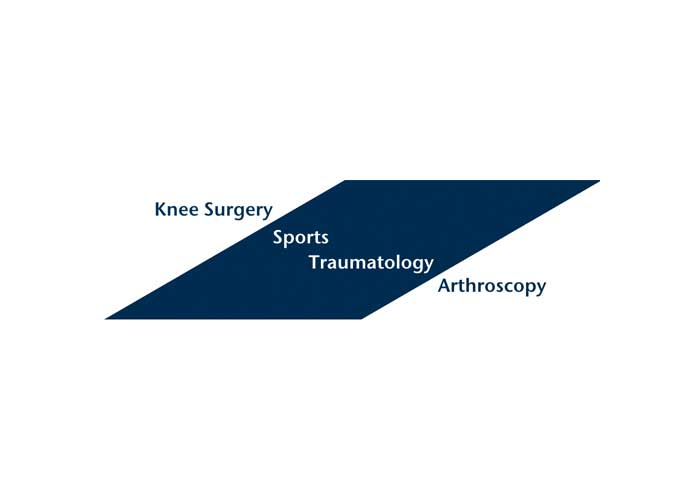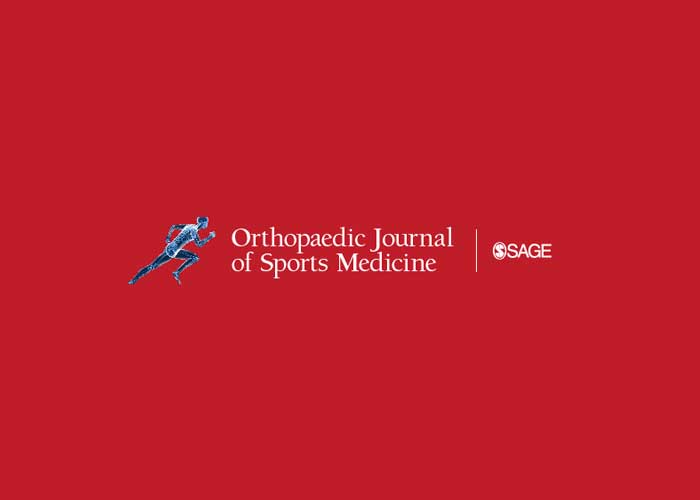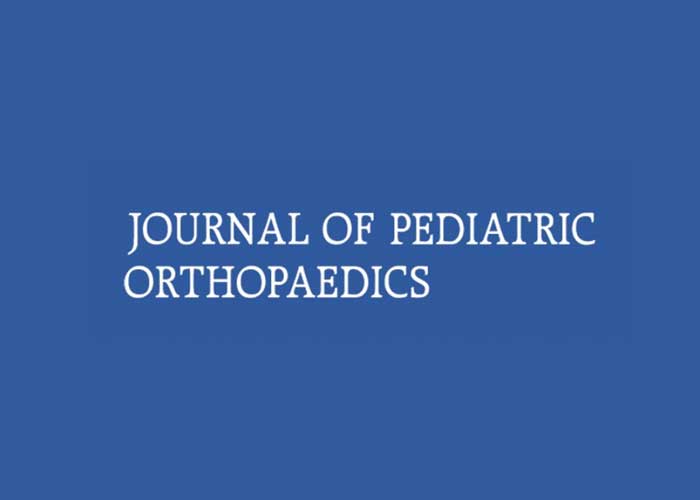ACL Knee Injury Specialist
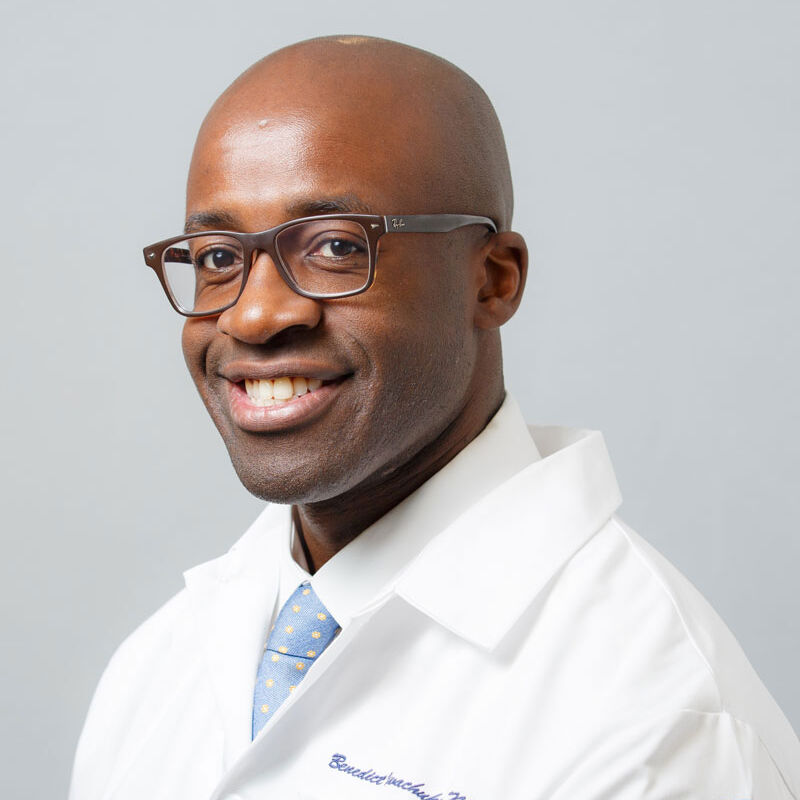
Are you an athlete who participates in sports that involve jumping or quick stopping? If so, you may be at risk of tearing your anterior cruciate ligament, or ACL. An ACL tear is one of the most common injuries suffered by athletes. ACL tear specialist, Doctor Benedict Nwachukwu provides diagnosis as well as surgical and nonsurgical treatment options for patients in Manhattan, New York City, NY who have sustained an ACL injury. Contact Dr. Nwachukwu’s team today!
What is an ACL Injury?
The knee has four major ligaments that make up the knee joint complex and stabilize the knee. The anterior cruciate ligament, or ACL is responsible for keeping the tibia (shin bone) from sliding out in front of the femur (thigh bone). The ACL allows the knee joint to flex, extend, and employ muscle power through its many duties. It runs down the center of the knee from the front of the tibia to the back of the femur and is critical to maintaining the stability of the knee joint. An injury to the ACL occurs when the ligament is stretched beyond its normal range and the tibia slips out from under the femur. Dr. Benedict Nwachukwu, orthopedic knee specialist serving Manhattan, New York City and the surrounding New York boroughs has extensive experience in treating ACL injuries and other ligament injuries in the knee.
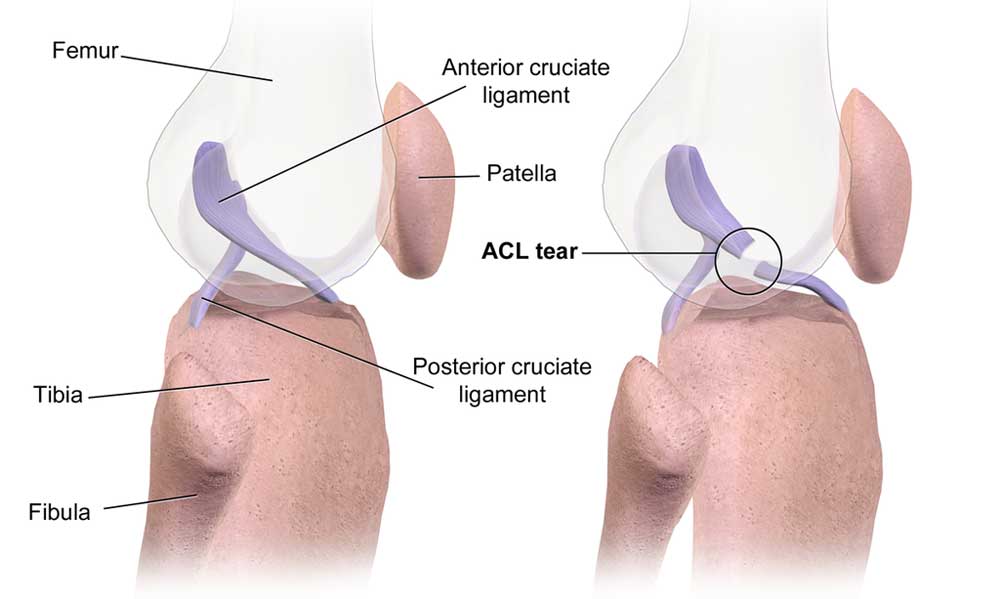
How does an ACL injury happen?
An ACL injury is one of the most common sports-related injuries and can range in severity from a small strain to a complete tear. The mechanism of injury occurs when the ligament is stretched beyond its normal range and the tibia slides out from under the femur. This leads to an ACL tear or stretch. Causes of ACL injury may include:
- A direct blow to the knee, as seen in contact sports such as football or hockey
- Suddenly slowing down and changing direction (cutting)
- Firmly planting the foot and pivoting
- An awkward land from a jump
- Sudden stopping
- A sports collision or accident
Who is at risk for an anterior cruciate ligament (ACL) injury?
ACL injuries are very common among athletes of all ages and competitive levels. An estimated 200,000 ACL injuries occur each year in the United States with nearly ½ of the injuries being ruptures (tears). There are a number of factors that increase the risk of an ACL injury, including:
- Sex: Females are two to four times more likely than men to tear the anterior cruciate ligament. This may possibly be due to differences in anatomy, muscle strength and hormonal influences.
- Poor conditioning
- Wearing footwear that doesn’t fit correctly
- Using poorly maintained sports equipment, such as ski bindings or boots that are not adjusted properly
- Artificial turf is responsible for more ACL tears than grass surfaces
- High demand sports such as football, basketball, soccer, gymnastics and downhill skiing.
What are the symptoms of an ACL injury?
Individuals in the New York area who experience an ACL injury often report the following symptoms:
- A popping sound, often heard at the time of the injury
- Pain, sudden and severe, often felt on the outside of the knee
- Limited or loss of range of motion
- Pain and tenderness along the joint line
- Swelling of the knee
- Knee instability, feeling the knee will collapse
- Difficulty or inability to walk or stand without pain
How is an ACL injury diagnosed?
Dr. Nwachukwu will inquire about the events leading up to the injury and a physical exam of the injured knee will be performed. He will test the range of motion, look for swelling and assess the degree of pain. X-rays may be used to determine if there is any bone damage and an MRI may be used to evaluate the condition of the ligaments, tendons and cartilage as well as confirm the diagnosis.
Is an ACL injury career-ending?
As recently as twenty years ago an ACL injury, especially a rupture or a tear, was most likely a career-ending occurrence for most athletes. Thankfully, today’s orthopedic techniques to repair and reconstruct the ACL have advanced greatly. The ability to return an athlete to sport is now a reality for many. Partnering with a surgeon like Dr. Nwachukwu, who has extensive experience and success with a track record for returning athletes to sport is key to a successful career beyond an ACL injury.
What is the treatment for an ACL injury?
Not all ACL injuries require surgery. A strain or sprain may heal on its own with proper rest and rehabilitation. The severity of symptoms the condition of the ACL will determine if surgery needs to occur.
Non-surgical Treatment:
If the ACL injury does not cause instability in the knee joint physical therapy may be enough to heal the joint. Consideration should also be taken as to the future plans of the patient. For instance, if the patient does not require the use of their ACL for sports or daily activity, they may not require surgical intervention. For ACL injuries that do not cause instability and are not torn, the following non-surgical treatments may be recommended:
- NSAIDs (non-steroidal anti-inflammatory drugs): to relieve pain and reduce swelling
- RICE: Rest, ice compression and elevation
- Bracing: To protect the knee from instability and allow it to heal
- Crutches: Keeping weight off the injured knee and allowing it to heal
- Physical Therapy: Strengthens the muscles around the knee and maintains range of motion
Surgical Treatment:
An ACL tear will not heal on its own because there is no blood supply to the ligament. Surgery is needed to restore stability and normal knee function, and can be done arthroscopically. Dr. Nwachukwu is extremely skilled at using arthroscopic surgery to repair an ACL injury. He uses the following to procedure to repair the knee:
- ACL Reconstruction: removes damaged fragments for the torn ACL and replaces it with a soft tissue called a graft. There are two types of graft options available for ACL reconstruction:
- Autograft: The graft is obtained from the patient. Most commonly, the patellar tendon, hamstring or quadriceps tendon is used.
- Allograft: Tissue taken from a donor source, often a cadaver. Allografts offer a quicker initial recovery and lower surgical morbidity from a graft harvest. Allograft ACL reconstruction is however generally not performed in patients under 30 years.
How long before I can play sports after an ACL reconstruction?
Recovery time for each patient is a very individualized process and depends on the type of reconstruction performed as well as the need for any associated procedures. Generally, physical therapy is started immediately, and a careful, comprehensive rehabilitation protocol is prescribed by Dr. Nwachukwu. Patients are usually able to bear weight on the knee while wearing a brace and the return to school or work can occur in as little as 5 to 10 days. The return to sports activities can be accomplished in 5 to 8 months after reconstruction, based on individual progress and the patient’s ability to follow their post-operative recommendations.
For more information on an ACL injury or on an anterior cruciate ligament reconstruction, and the treatment options available, please contact the office of Benedict Nwachukwu, MD, orthopedic knee specialist serving Manhattan, New York City and the surrounding New York boroughs.
